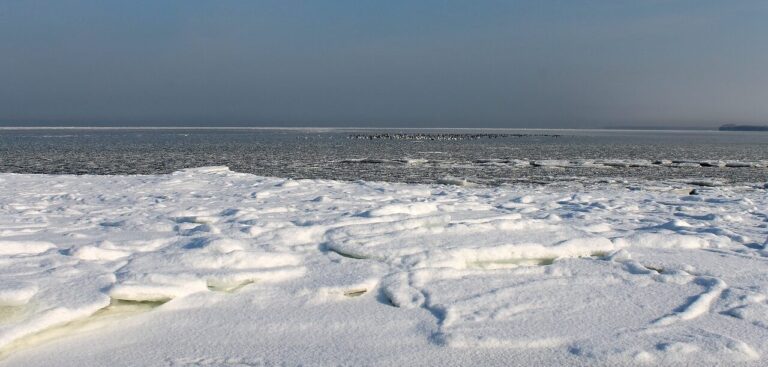The Finnish Meteorological Institute (FMI) has launched a new project examining the technical and economic uses of sea heat pumps in different regions of the Baltic Sea.
Sea heat pumps are one possible method of producing large amounts of heat without fossil fuels and FMI is studying how marine heat could be utilized on the Baltic coast.
The ‘Sea as an Energy Source for District Heating’ (SeaHeat) project will produce comprehensive temperature data on the Baltic Sea, based on temperature and salinity observations and model calculations made by supercomputers.
Data describing the characteristics of seawater will be combined with depth and geographical data on the use of water areas, such as protected areas and buffer zones. This will then be used to determine areas where the technical and economic viability of sea heat pumps could be examined in more detail.
As solutions based on seawater heat pumps are decades-long investments, an estimate of the future development of seawater temperature and stratification will be linked to the analysis. Additionally, the project will analyze the local environmental impacts of cooled seawater recycled by the sea heat pumps.
Mapping tool to support planning
The project will create an open source map tool which will be used to assess the technical design of marine heat pumps, the profitability of an investment and the potential for emission reductions in the desired area.
In cooperation with the Finnish business sector, the project will draft a comprehensive service concept that includes an assessment of regional export potential, planning of energy production based on seawater heat pumps, technical and technological implementation, integration with local systems, and maintenance services.
Lauri Laakso, head of marine observatories and measurement techniques research group, FMI, said, “In addition to supporting the export industry, the project naturally also helps with planning for ways to generate the district heating needed by the towns and cities on the Finnish coast, such as the national emissions reductions achievable in sea heat projects under preparation in Helsinki.”
For the latest news on the FMI, click here.



